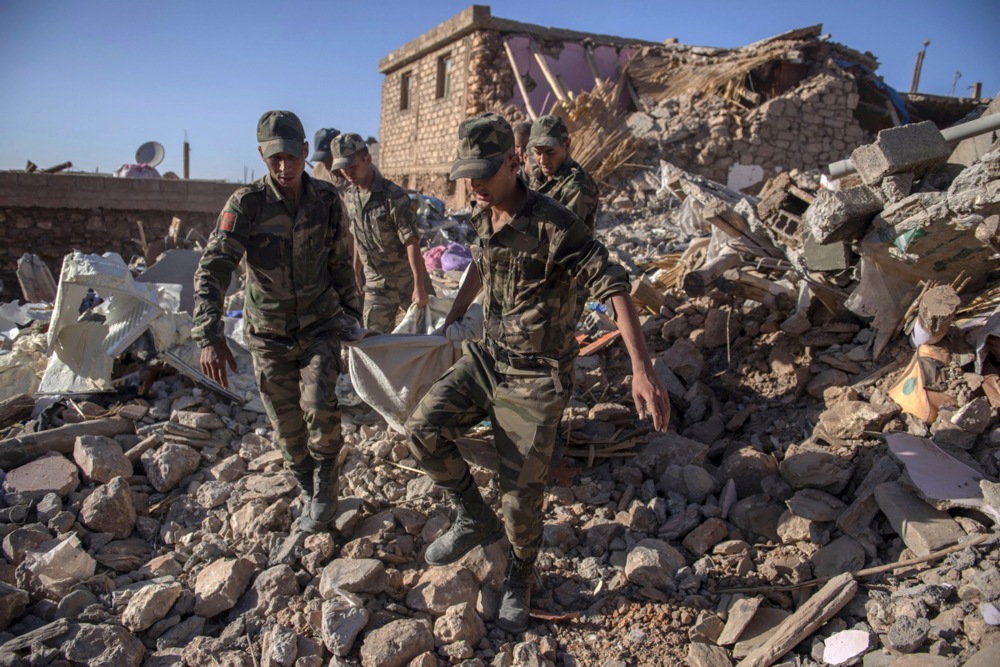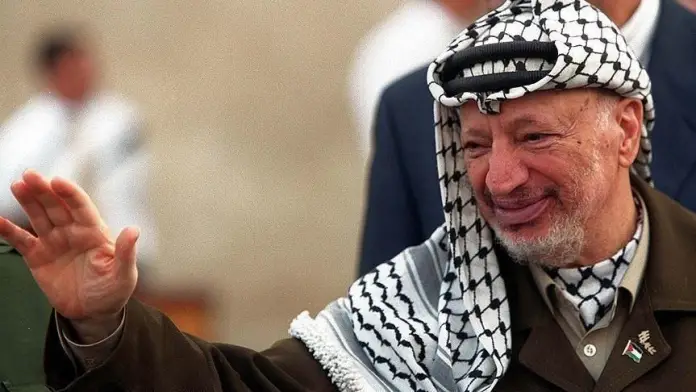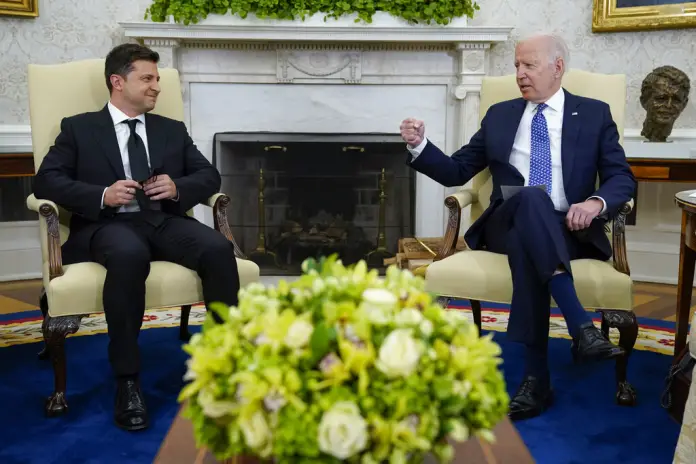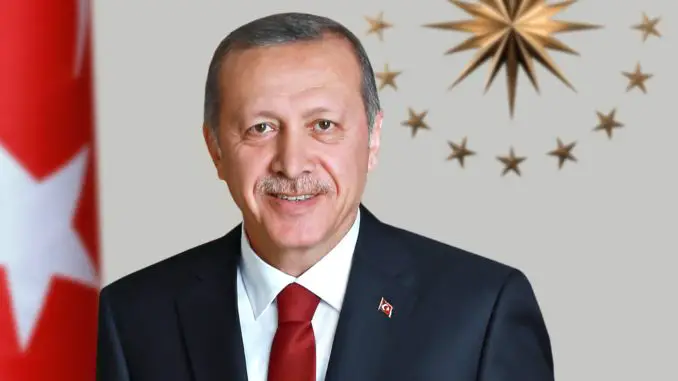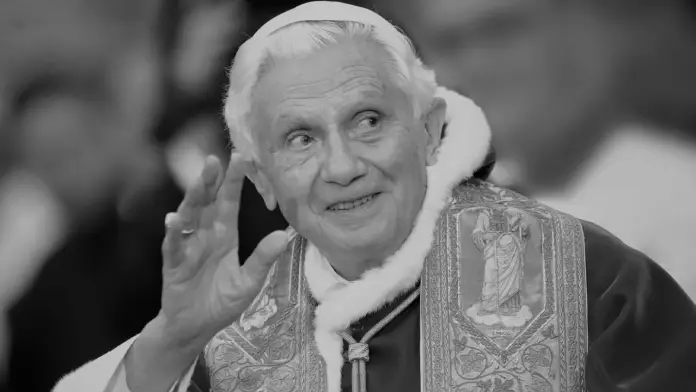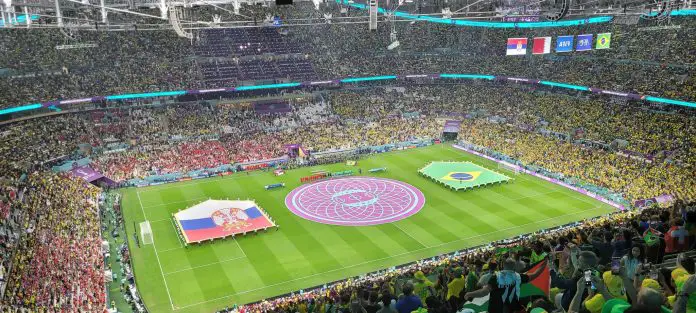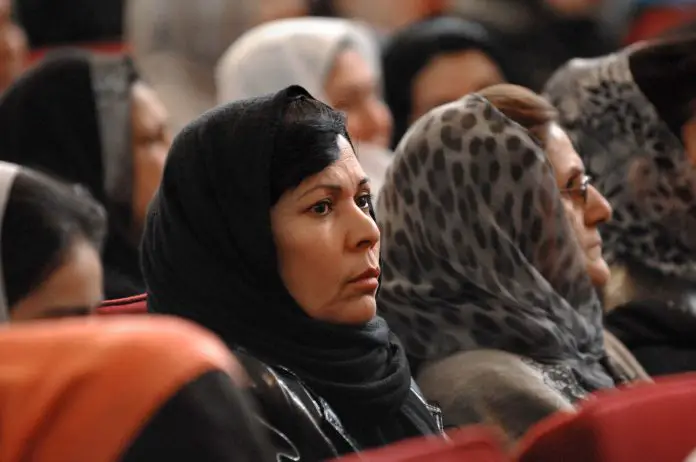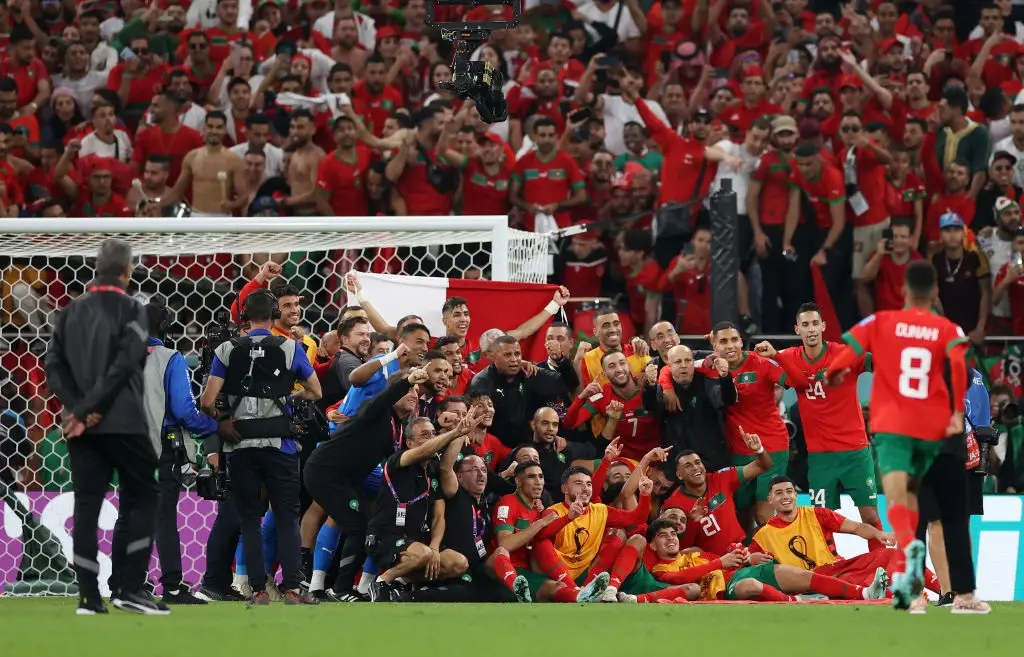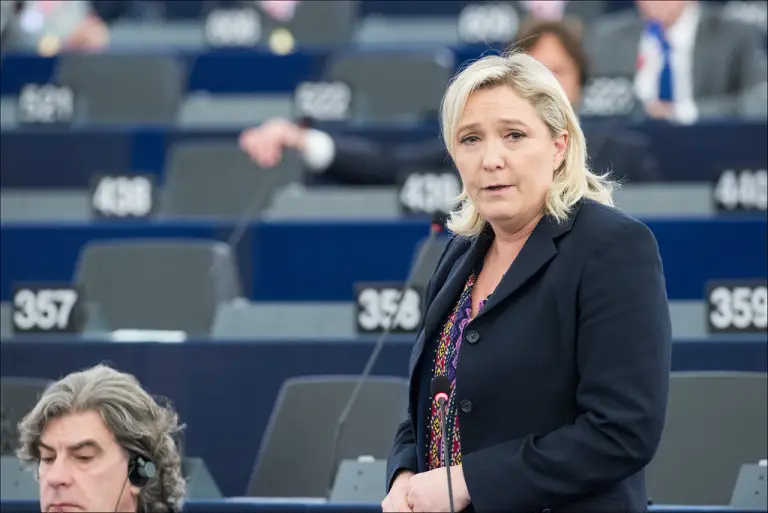Is the Future of Football in the Middle East?
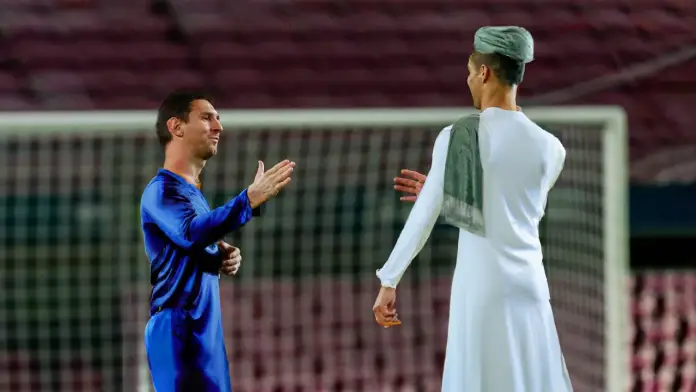
Football, or soccer as it is known in some parts of the world, is a globally beloved sport that has the ability to bring people together from all walks of life. In recent years, we have seen the Middle East emerge as a major player in the world of football, with some of the biggest clubs and teams being sponsored and even owned by Arab businessmen and tycoons. This has led to speculation that football may be moving from its traditional home in Europe to the Middle East more frequently.
One of the biggest examples of this trend is the recent move of Cristiano Ronaldo to Saudi Arabia’s Al Nassr FC. With a record payment of 175 million dollars per year, Ronaldo’s move has sent shockwaves through the football community and has already been dubbed the “Cristiano effect,” as seen on the club’s Instagram account, which has doubled in followers since the announcement of Ronaldo’s move. This is a clear indication of the immense power and influence that top players like Ronaldo hold in the world of football, and their ability to draw attention and support to clubs in new and untraditional locations.
The Middle East has also made a splash on the international stage this year, with the world cup being hosted in Qatar. Morocco made history by becoming the first African and Arab country to reach the world cup semi-finals, and the second Muslim country after Turkey. This is a clear indication of the growing strength of football in the Middle East, and the region’s ability to compete at the highest levels of the sport.
In addition to sponsoring and owning some of the biggest teams in Europe, Arab magnates and tycoons have also played a significant role in the sponsorship of major football clubs. Manchester City is owned by UAE’s Sheikh Mansour, while Paris Saint Germain is owned by Qatar’s Nasser Al Khelaifi. Around 4 to 5 teams in the English Premiere League are also owned by Arab businessmen. The most symbolic sponsors during FC Barcelona’s peak years were the Qatar Foundation and Qatar Airways, which highlights the influence that even a small country like Qatar has in the world of football.
With all of these factors in mind, it is clear that football is increasingly moving towards the Middle East. From top players like Cristiano Ronaldo choosing to play in the region, to the growing strength of Middle Eastern teams on the international stage, the influence of the Middle East in football is undeniable. It will be interesting to see how the region continues to shape the future of football in the years to come.


 English
English 




